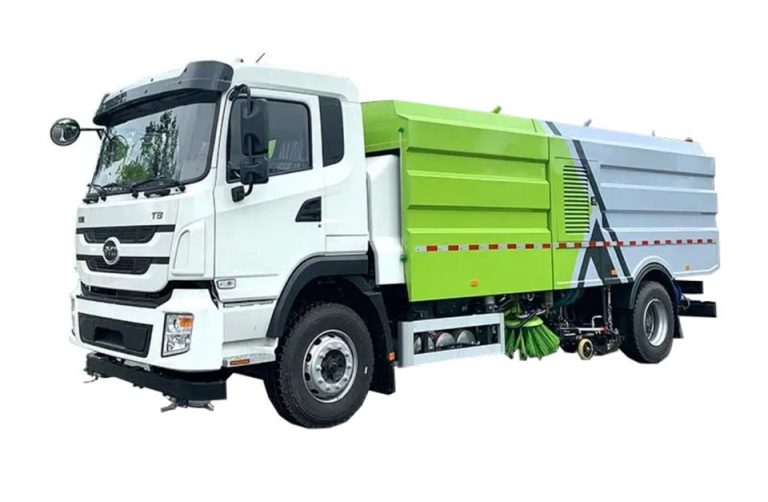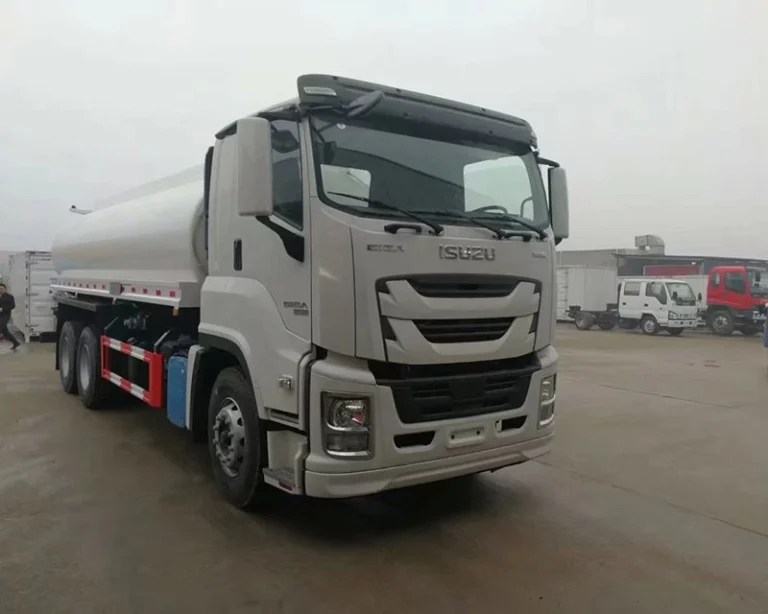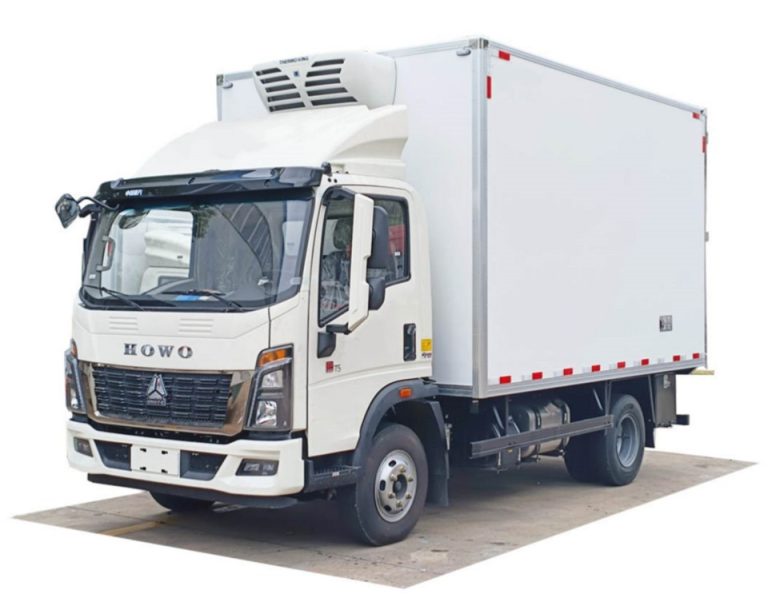Introduction
Dump truck skips have become an essential component in construction, transport, and waste management industries. Their versatility in handling materials makes them indispensable for delivering, collecting, and disposing of debris and other materials efficiently. This comprehensive guide dives into the various aspects of dump truck skips, including types, benefits, usage, and tips for maximizing efficiency. Whether you’re in construction, landscaping, or organizing a clean-up project, this article will provide valuable insights into how to best utilize dump truck skips.
What is a Dump Truck Skip?
A dump truck skip, also known simply as a skip, is a large container designed for transportation of bulk waste and materials. Typically mounted on the back of a dump truck, these skips can be emptied by tipping them upside down or through a hydraulic system that allows for efficient unloading. Dump truck skips are widely used to manage construction debris, landscaping waste, and various other materials.
Types of Dump Truck Skips
There are several types of dump truck skips that cater to varied needs:
- Standard Skips: These are the most common types used for general waste disposal.
- Mini Skips: Ideal for smaller jobs, suitable for domestic use, such as home renovations.
- Heavy-Duty Skips: Can manage heavier materials like metals and bricks, designed for construction sites.
- Roll-On/Roll-Off (RoRo) Skips: Used for larger volumes of waste, they are typically delivered and collected by trucks equipped for RoRo operations.
Benefits of Using Dump Truck Skips
The advantages of utilizing dump truck skips include:
- Efficiency: Dump truck skips can transport large quantities of materials in one go, which saves time and reduces trips.
- Cost-Effective: Using skips can lead to significant savings in labor and transport costs, especially for larger projects.
- Versatile: Suitable for various waste types, including construction debris, garden waste, and household rubbish.
- Sustainability: Proper use of skips can enhance recycling efforts by segregating different types of waste.
How to Choose the Right Dump Truck Skip
Selecting the appropriate dump truck skip depends on several factors:
1. Project Size and Scope
Consider the volume of materials you’ll be transporting. For smaller jobs, a mini skip may suffice, while larger projects may require heavy-duty or RoRo skips.
2. Type of Materials
Different skips are designed for various types of waste. Ensure that the skip you choose can handle the specific materials—such as hazardous waste, metals, or organic materials—that you need to dispose of.
3. Accessibility
Evaluate where the skip will be placed. Limited access areas may require smaller skips, while wide-open spaces can accommodate larger containers.
4. Local Regulations
Be aware of local waste disposal regulations, as certain areas have restrictions on what can be placed in skips and how they should be managed.
Best Practices for Using Dump Truck Skips
To maximize your efficiency and safety while using dump truck skips, consider the following best practices:
1. Proper Loading Techniques
When loading your skip, distribute the weight evenly to avoid tilting and ensure safe transportation. Additionally, position heavier items at the bottom.
2. Know the Weight Limit
Each skip has a weight limit, which should not be exceeded to prevent damage to the skip and ensure road safety during transport.
3. Keep It Clean
If your skip is used for mixed waste, avoid contamination which can lead to increased disposal fees or rejection of materials during recycling.
4. Schedule Timely Pickups
Coordinate timely pickups with your waste management service to keep your site productive and avoid overflow in your skip.
5. Use Protective Gear
Always wear gloves and safety gear when handling materials to ensure your safety during loading and unloading.
Cost Considerations for Dump Truck Skips
The cost of using dump truck skips varies based on several factors:
- Size of the Skip: Larger skips generally come with higher rental costs.
- Type of Waste: Some materials may incur additional fees, especially if they are classified as hazardous.
- Duration of Rental: Longer rental periods may lead to increased charges.
- Location: Transportation costs vary depending on the distance from the waste management facility.
Environmental Impact and Recycling
Utilizing dump truck skips can positively influence environmental sustainability:
1. Waste Segregation
By separating recyclable materials from non-recyclable ones, dump truck skips facilitate effective waste management and recycling efforts.
2. Reduced Landfill Use
Proper use of skips leads to less waste going to landfills, promoting a cleaner environment.
Real-World Examples of Dump Truck Skip Applications
Dump truck skips serve various industries and scenarios:
1. Construction Sites
During construction, large volumes of debris are generated. Huge dump truck skips assist in managing waste efficiently, contributing to a safer working environment.
2. Landscaping Projects
Landscapers often utilize skips for removing soil, stones, and plant waste, making it easier to keep job sites tidy and organized.
3. Residential Renovations
Home improvements generate varied waste. Mini skips are commonly rented for household projects, allowing homeowners to discard unwanted items efficiently.
Safety Considerations When Using Dump Truck Skips
Safety should always be a top priority when handling dump truck skips:
1. Use Warning Signs
Place warning signs around the skip to alert pedestrians and vehicles of its presence, particularly if it is located in high-traffic areas.
2. Avoid Overfilling
Ensure the skip is not overloaded, as this can create stability problems and increase the risk of accidents.
3. Secure Heavy Loads
Strap down or secure heavy loads to prevent shifting during transport, which can lead to spills and accidents.
FAQs about Dump Truck Skips
1. What size dump truck skip do I need for my project?
The size of the dump truck skip you’ll need largely depends on the volume of waste expected. For small domestic projects, a mini skip is usually sufficient, while larger construction projects may need heavy-duty or RoRo skips.
2. How much does it cost to rent a dump truck skip?
Rental costs for dump truck skips vary based on size, type of waste, duration of rental, and local transportation expenses. Generally, expect fees between $200 to $600.
3. Can hazardous materials be placed in a dump truck skip?
Most dump truck skips do not allow hazardous materials due to strict regulations. Always check local guidelines and inform your waste management provider about the types of materials you intend to dispose of.
4. How do I find a reliable skip rental service?
Look for rental services with positive reviews, proper licenses, and certifications. Also, compare pricing and availability to find the best option for your needs.
5. Are there restrictions on what I can put in a dump truck skip?
Many skip rentals have restrictions on certain items such as electronics, tires, and hazardous materials. Always consult your rental service for a full list of prohibited items.
6. What should I do if my skip is damaged?
If your skip is damaged, contact your rental company immediately. Most companies will have policies in place for damage reporting and requirements for repairs or replacements.



